16 GPTs for Legal Studies Powered by AI for Free of 2026
AI GPTs for Legal Studies are advanced tools developed to support and enhance legal research, document drafting, case analysis, and other tasks specific to the legal field. Utilizing the capabilities of Generative Pre-trained Transformers, these AI models are trained on vast amounts of legal texts to provide precise, context-aware assistance. They bridge the gap between complex legal information and the need for accessible, efficient solutions in legal practices, making them invaluable for tasks ranging from legal research to drafting legal documents and case preparation.
Top 10 GPTs for Legal Studies are: MAPAS CONCEPTUALES,Opos GPT,Flashcards - Lei Seca e Doutrina (Concursos),True Crime,Law Notes Assistant 60,Assistente para o Concurso Nacional Unificado,Innovation Animal,Enciclopedia CCI Vol 1 © Sigma Editores SAS,Weople Warrior,FBI Watchdog
MAPAS CONCEPTUALES
AI-powered Concept Mapping Tool

Opos GPT
Empowering Your Study, AI-Enhanced
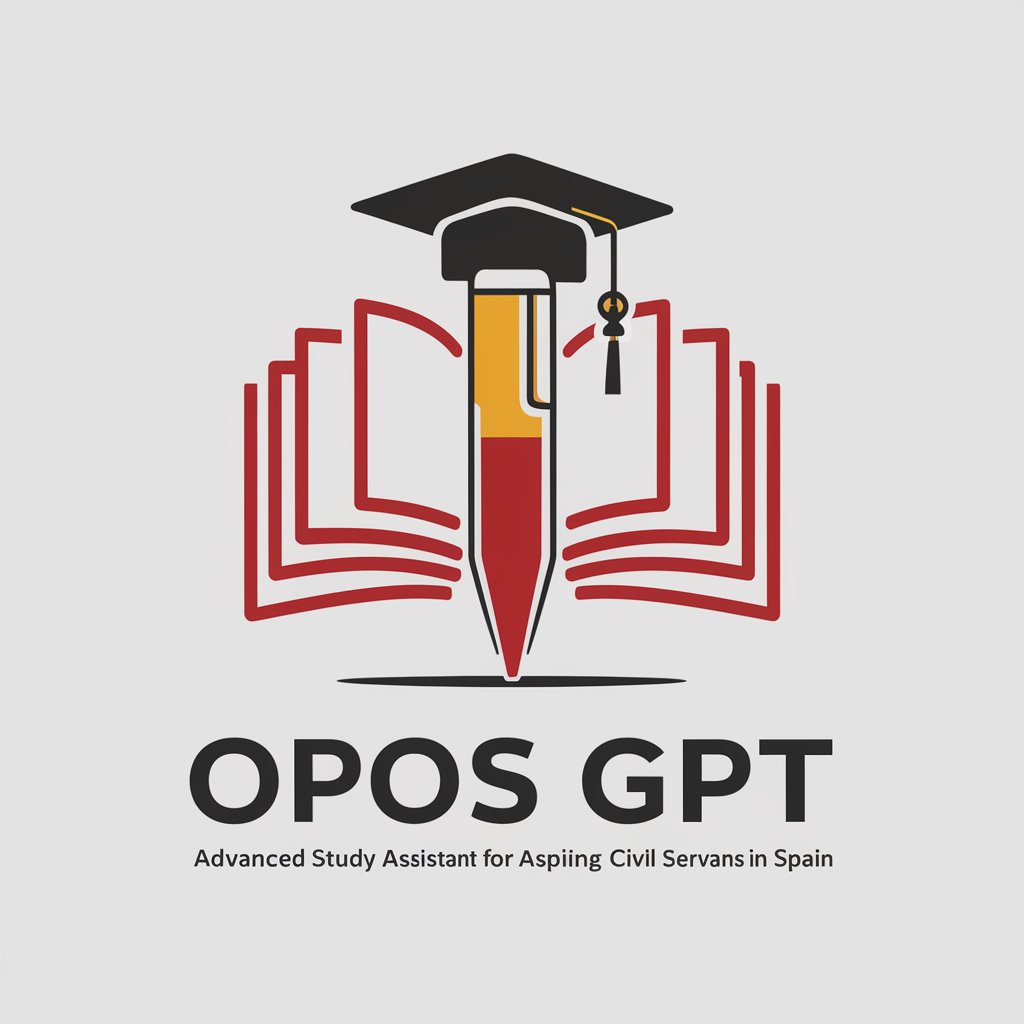
Flashcards - Lei Seca e Doutrina (Concursos)
Master Law with AI-Powered Flashcards
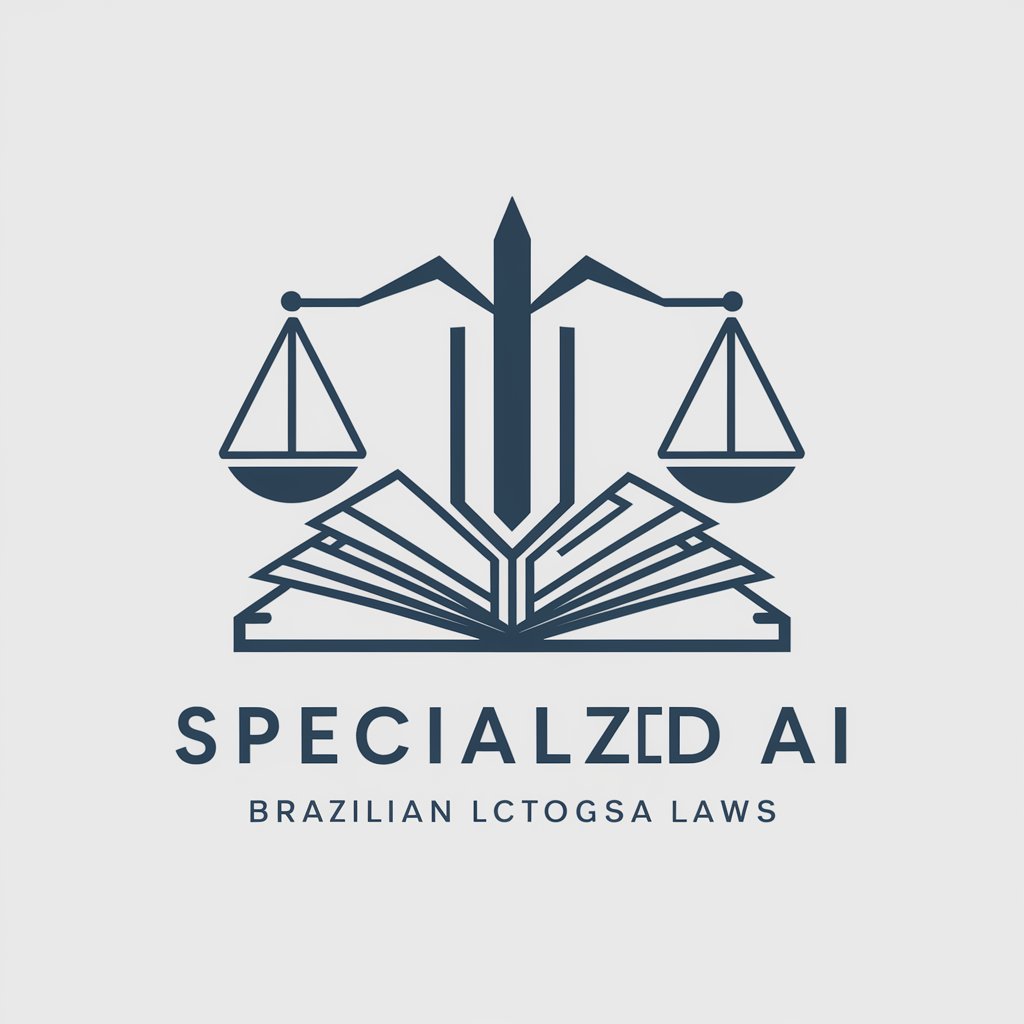
True Crime
Unravel Mysteries with AI
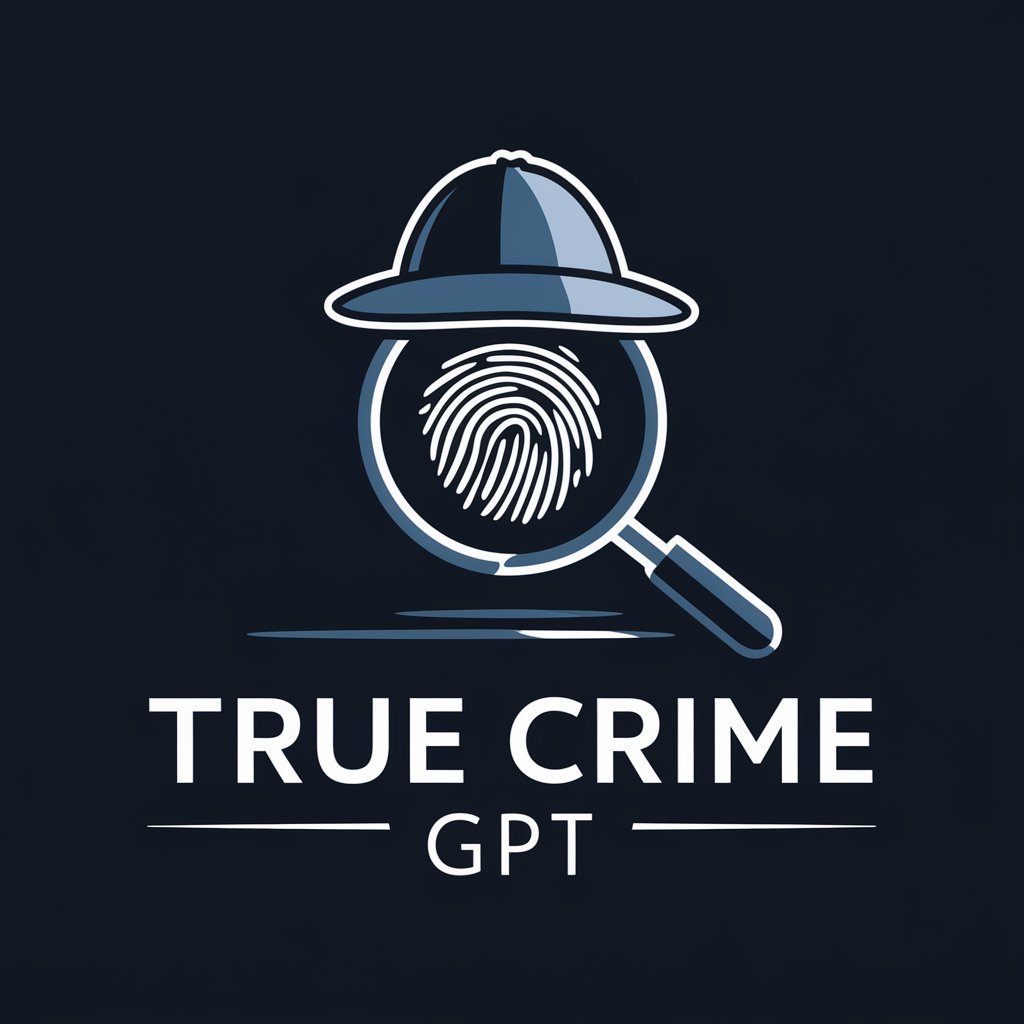
Law Notes Assistant 60
Distill complex legal information instantly.
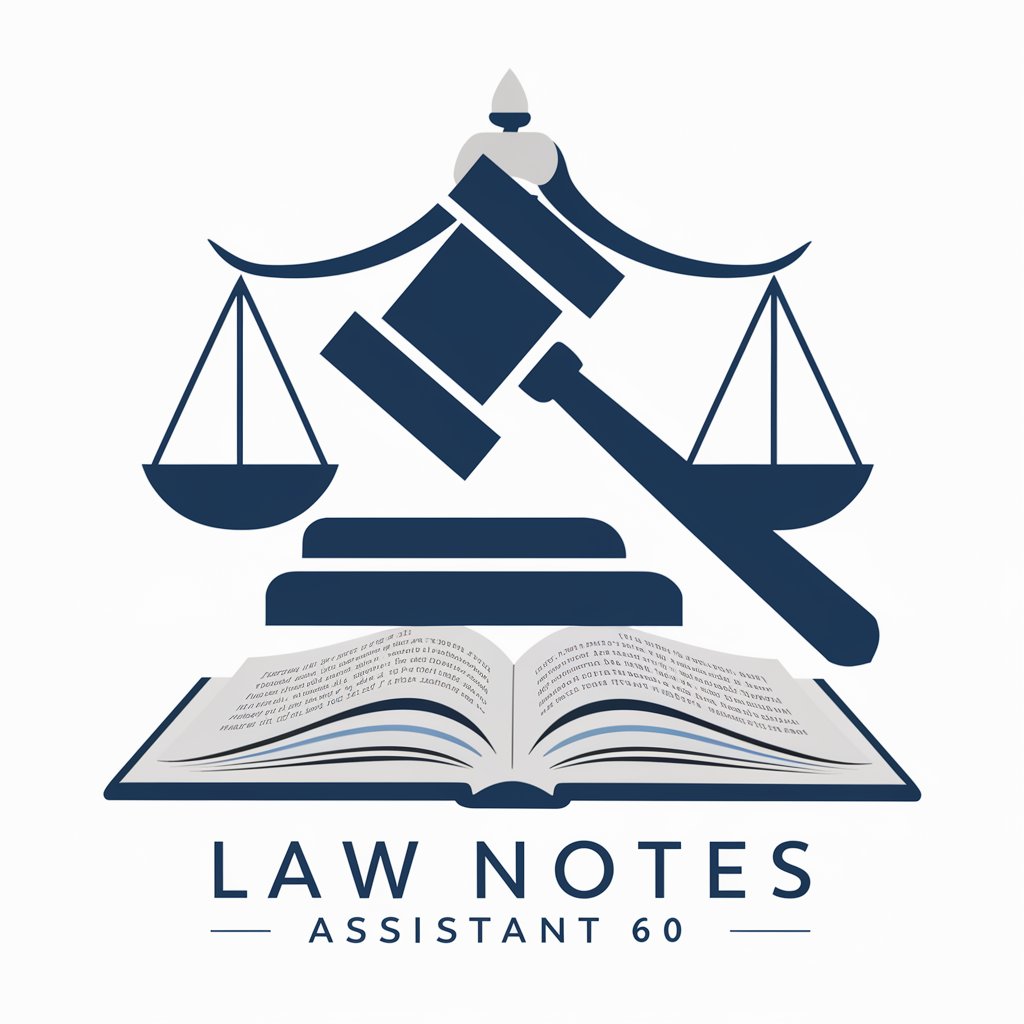
Assistente para o Concurso Nacional Unificado
AI-powered Exam Preparation

Innovation Animal
Demystifying Patents with AI
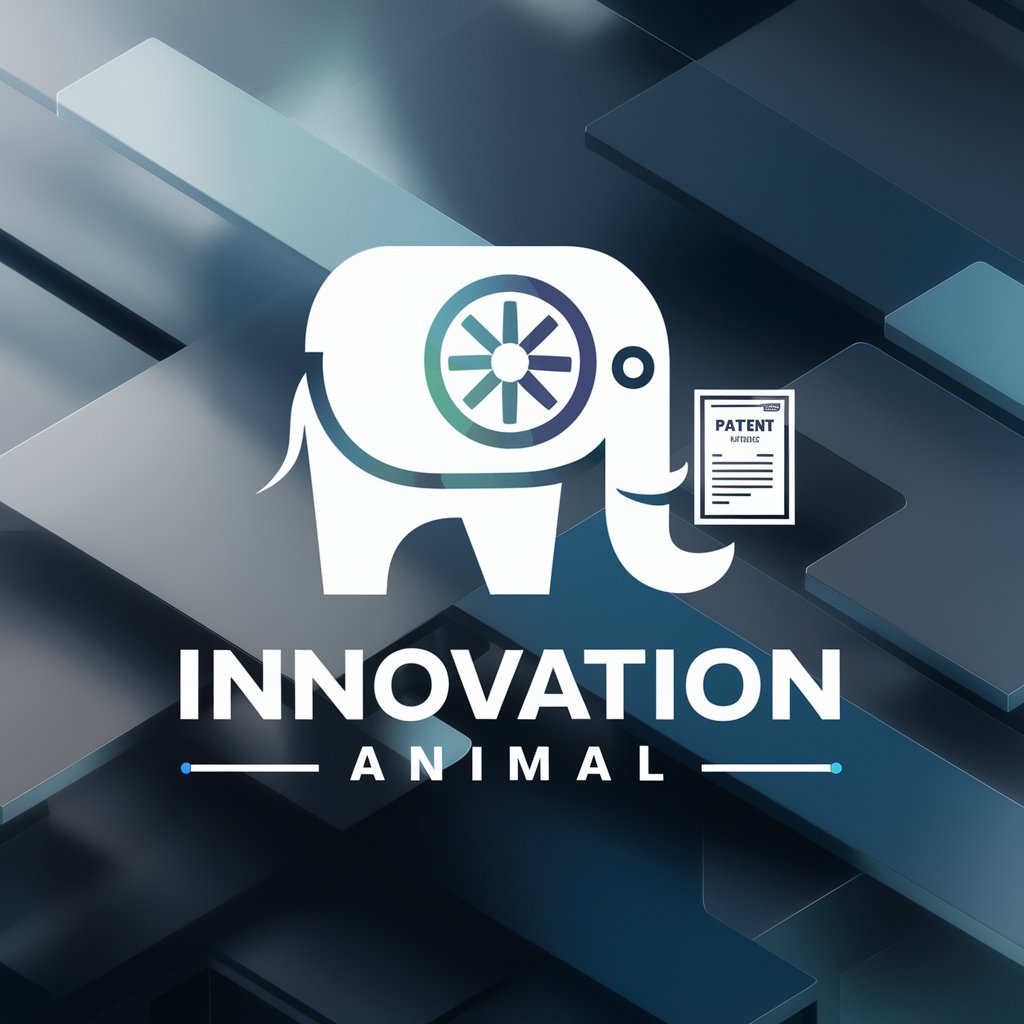
Enciclopedia CCI Vol 1 © Sigma Editores SAS
Unlock forensic insights with AI
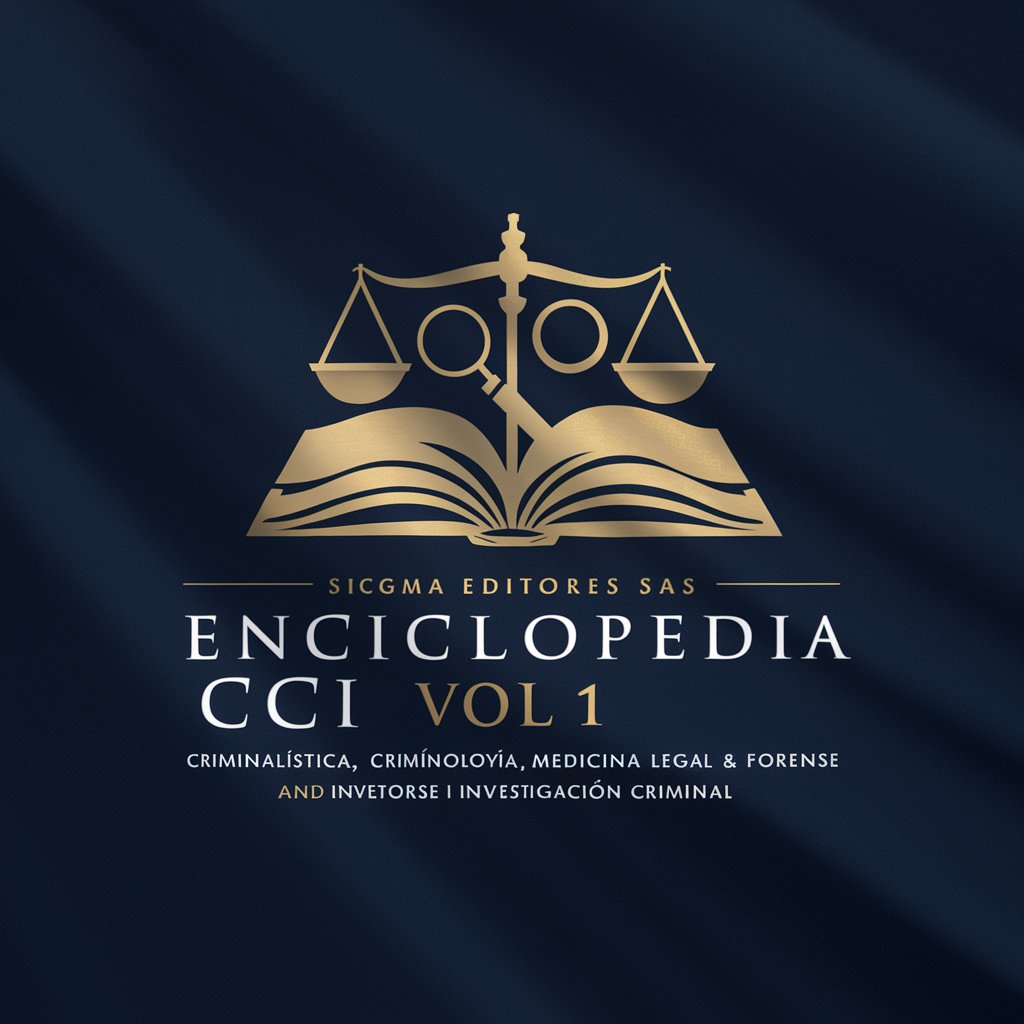
Weople Warrior
Elevate your political discourse with AI.

FBI Watchdog
Stay informed on FBI activities with AI

Epstein Files Analyst
Unveiling the Facts with AI
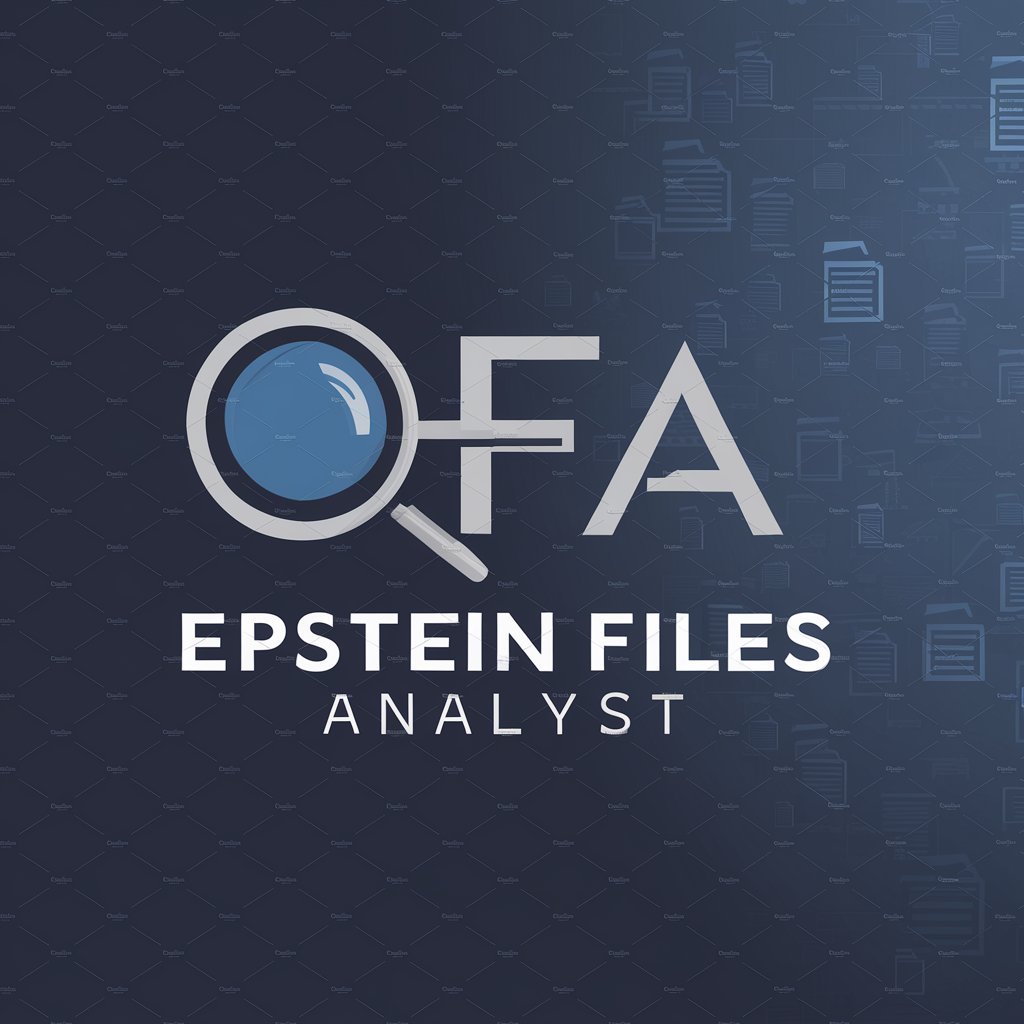
Terms Simplifier
Clarify Terms with AI Power
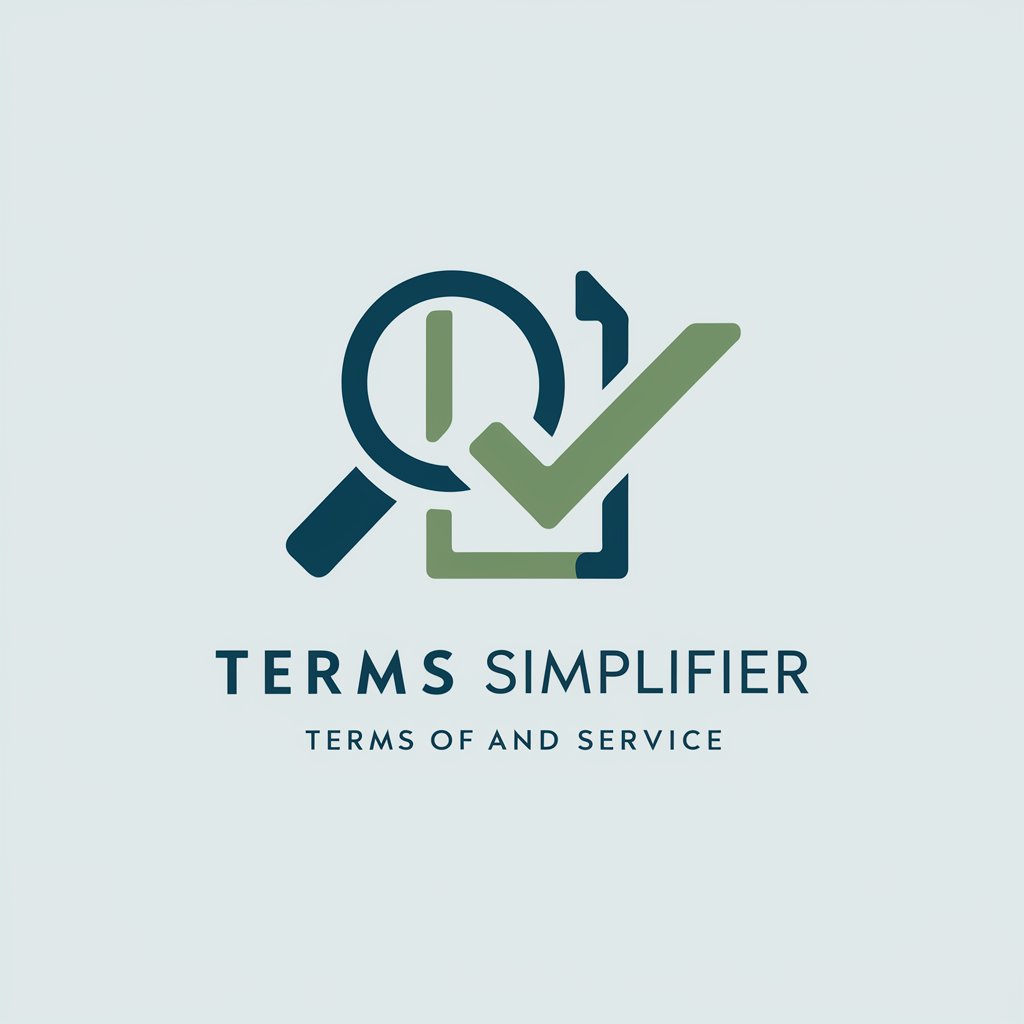
Legal Translator
Demystifying Legal Terms with AI
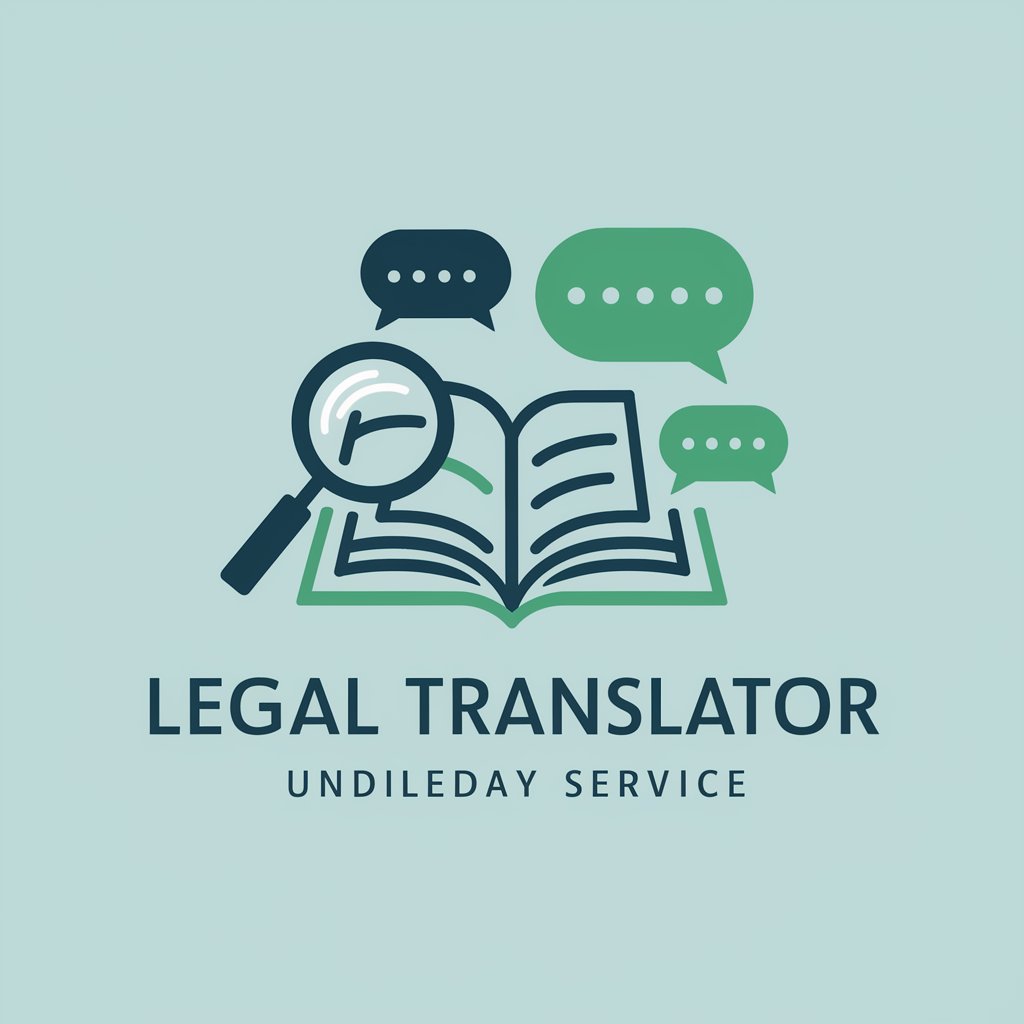
Alex Stain
Decoding Law with AI-Powered Insights
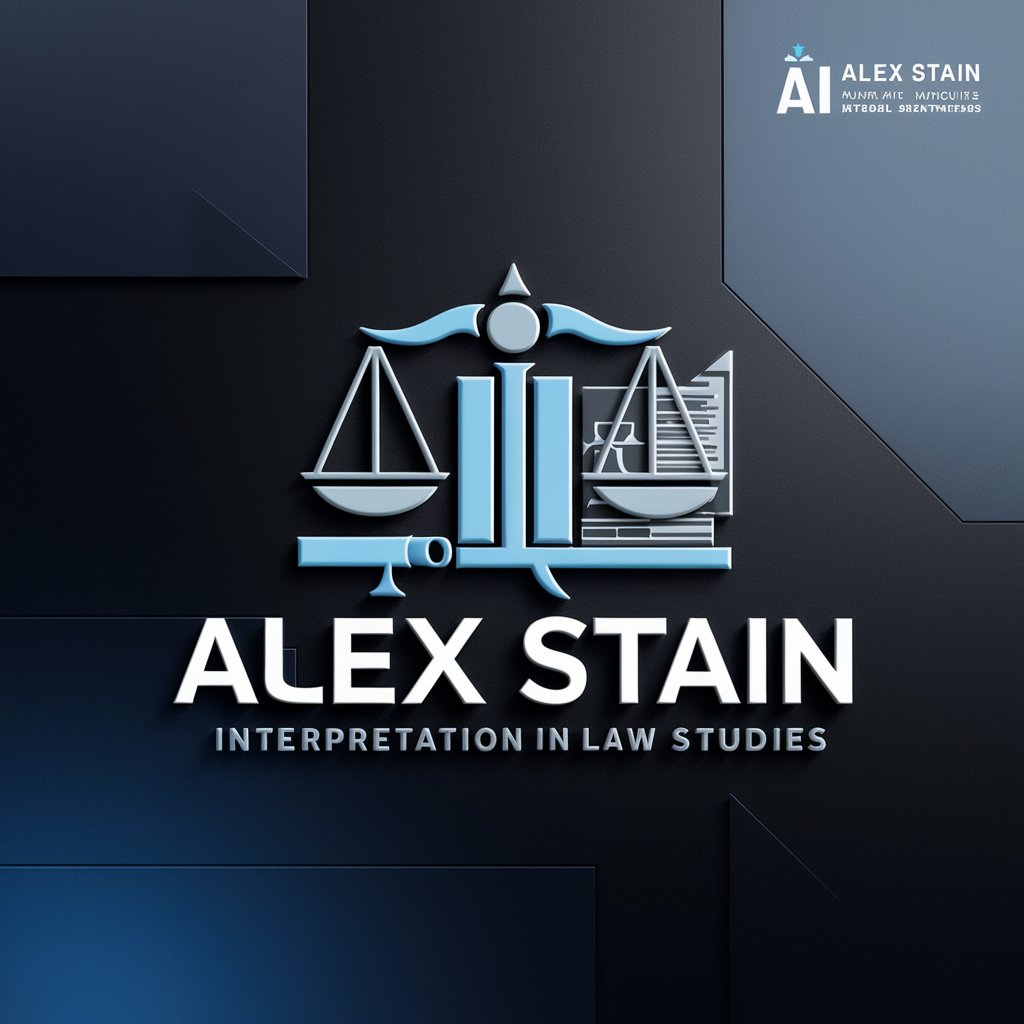
Conhecimentos Gerais Expert
Empowering your public exam preparation with AI.

Legal Mumbo Jumbo GPT
Simplifying Legal Jargon with AI
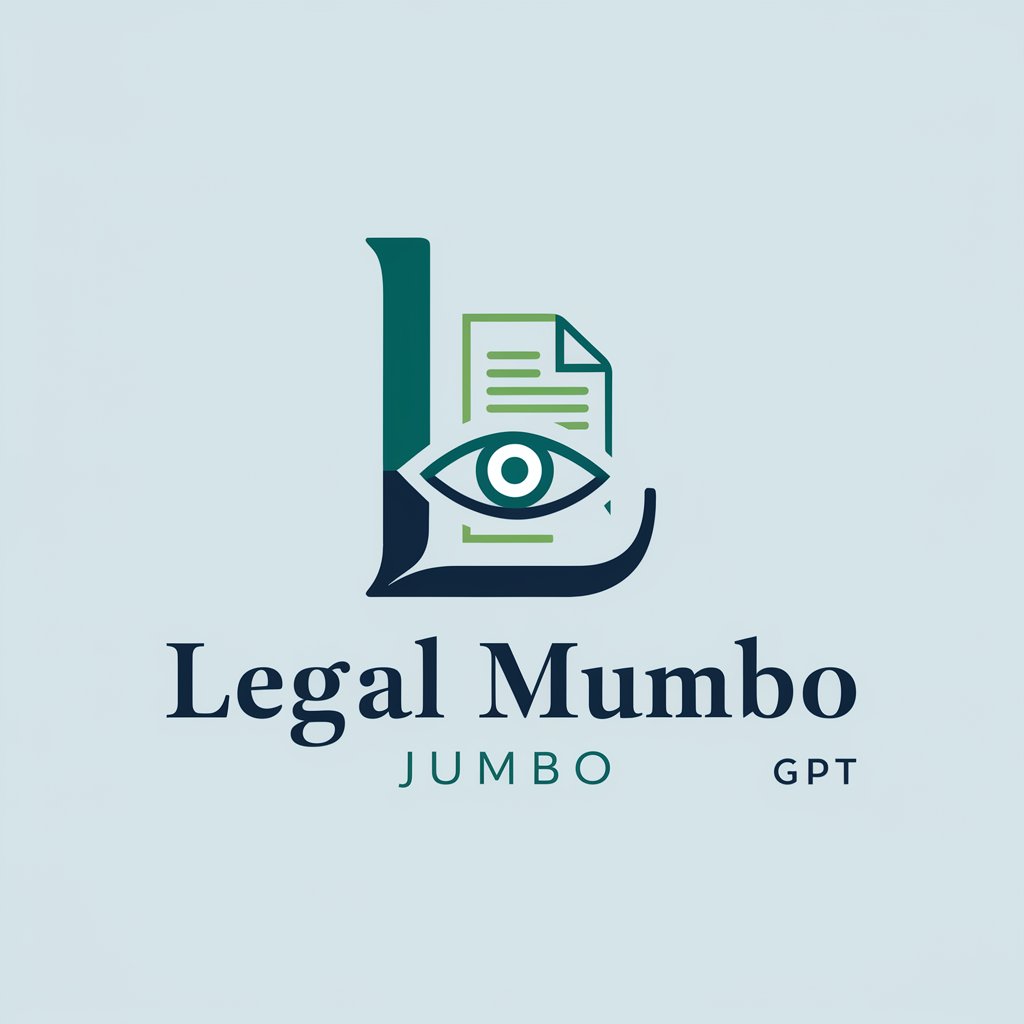
Essential Characteristics and Capabilities
AI GPTs designed for Legal Studies offer a wide range of unique features tailored to the legal domain. These include the ability to understand and generate legal documents, interpret legal language, and provide insights based on current laws and case precedents. Enhanced adaptability allows these tools to cater to both straightforward and intricate legal tasks, ensuring precision in legal research, analysis, and document drafting. Specialized functionalities may encompass language learning for multilingual legal contexts, advanced technical support for legal analytics, integrated web searching for the latest case law, image creation for evidentiary purposes, and data analysis capabilities for legal predictions and trends.
Who Benefits from Legal Studies AI GPTs
The primary beneficiaries of AI GPTs for Legal Studies include legal professionals, law students, legal researchers, and tech developers working within the legal industry. These tools are designed to be user-friendly, making them accessible to novices without coding skills while offering advanced customization and integration options for tech-savvy users and developers. This dual approach ensures that a broad spectrum of users can leverage AI GPTs to streamline legal workflows, enhance research accuracy, and improve the delivery of legal services.
Try Our other AI GPTs tools for Free
Forensic Science
Discover how AI GPTs for Forensic Science revolutionize investigations with advanced analysis, pattern recognition, and automated reporting, enhancing accuracy and efficiency in forensic applications.
Dating Communication
Discover how AI GPTs are transforming dating communication, offering tailored advice, conversation starters, and personalized interaction to enhance your digital dating experience.
Social Texting
Discover how AI GPTs for Social Texting can transform your digital communications, offering tailored, efficient, and engaging conversational experiences across various platforms.
Friendship Interaction
Discover how AI GPTs for Friendship Interaction use advanced machine learning to simulate human-like conversations, offering companionship and personalized support across multiple languages.
Creative Broadcasting
Discover AI GPTs for Creative Broadcasting: innovative tools transforming content creation and distribution with AI-driven efficiency, creativity, and customization.
Legal Trademarking
Revolutionize your legal trademarking process with AI GPTs, offering tailored solutions for research, application, and monitoring. Streamline tasks and gain unparalleled insights into the trademark landscape.
Expanding the Horizons of Legal Tech with AI GPTs
AI GPTs for Legal Studies represent a significant advancement in legal technology, offering customized solutions that enhance efficiency and accuracy in legal practices. Their ability to integrate with existing legal systems and workflows, coupled with user-friendly interfaces, makes them an essential tool for modernizing legal research, document drafting, and case analysis. These innovations not only save time but also allow legal professionals to focus on more strategic aspects of their work.
Frequently Asked Questions
What exactly are AI GPTs for Legal Studies?
AI GPTs for Legal Studies are specialized artificial intelligence models tailored for the legal field, trained to assist in legal research, document drafting, and analysis using vast legal databases.
How do AI GPTs improve legal research?
They streamline the research process by quickly sifting through vast amounts of legal documents to find relevant case laws, statutes, and legal precedents, significantly reducing research time.
Can AI GPTs draft legal documents?
Yes, they can assist in drafting a variety of legal documents by providing templates, suggesting legal language, and ensuring documents comply with current legal standards.
Are these tools accessible to those without programming knowledge?
Absolutely, AI GPTs for Legal Studies are designed with user-friendly interfaces that do not require any coding skills for basic functionalities.
Can developers customize these AI GPTs for specific legal applications?
Yes, developers can further customize these tools for specific legal needs or integrate them into existing systems to enhance their functionality.
How do AI GPTs stay updated with current laws?
These tools are regularly updated with new legal information and trained on current legal databases to ensure they provide accurate and up-to-date assistance.
Can AI GPTs handle multilingual legal documents?
Yes, many AI GPTs for Legal Studies have language learning capabilities that allow them to understand and generate legal documents in multiple languages.
What are the limitations of using AI GPTs in legal studies?
While AI GPTs are powerful tools, they may not capture the nuances of complex legal arguments and are best used as aids rather than replacements for human legal analysis.